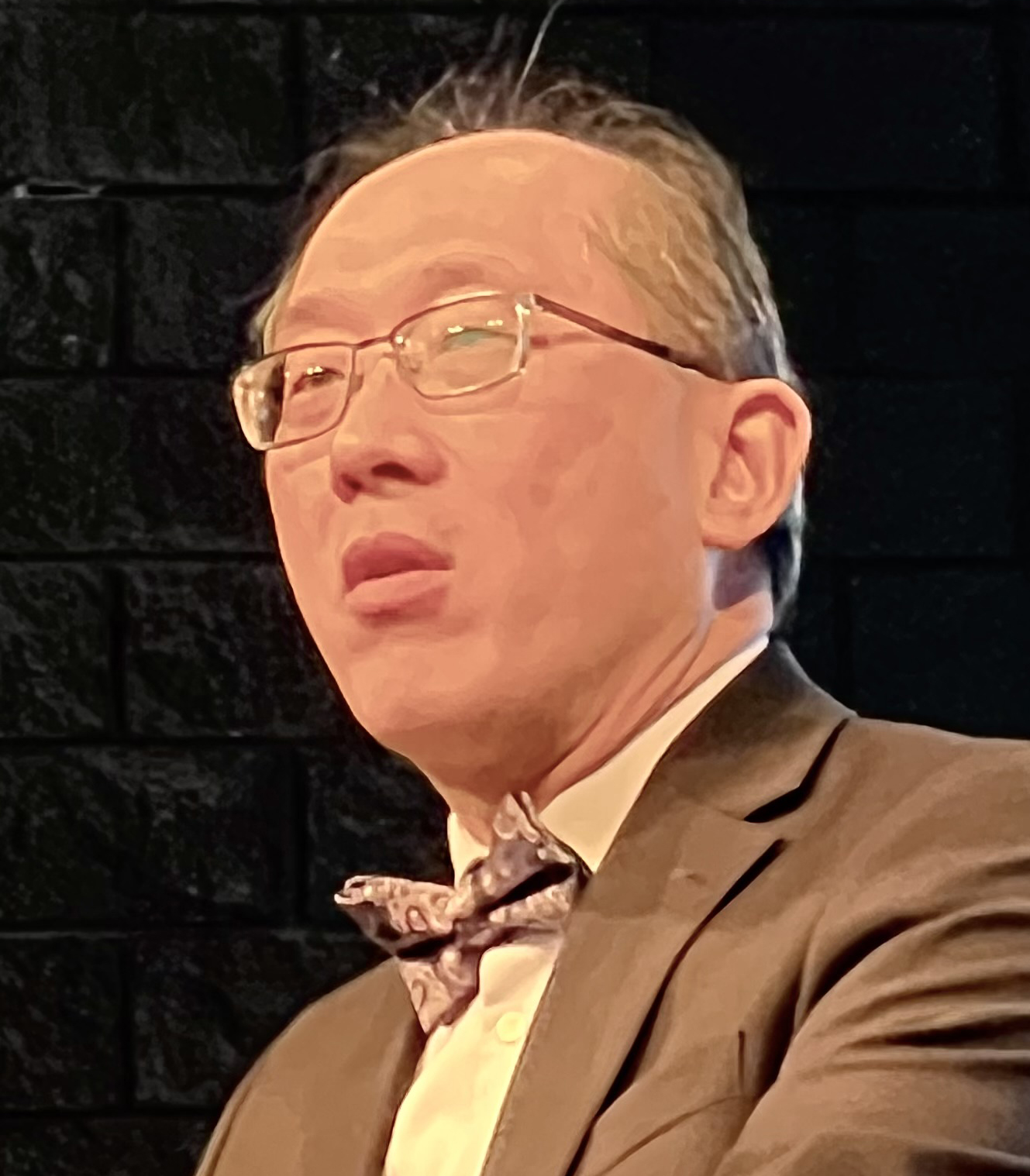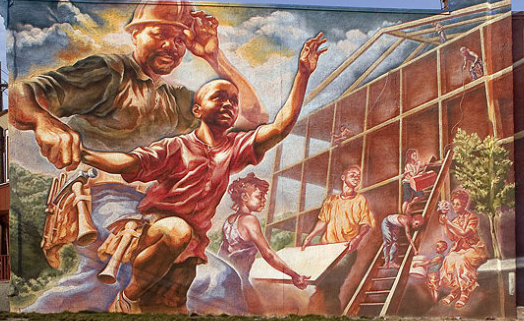Christians are called to demonstrate a “preferential option for the poor,” and that means addressing the multiple types of marginalization that afflict people, according to theologian and missiologist Amos Yong.
“Poor is not just economically poor,” said Yong, a dean and professor at Fuller Theological Seminary in Pasadena, Calif. “Poor includes whole person dimensions.” In addition to experiencing economic poverty, people can be poor in the spiritual, social and physical aspects of their lives, he said.

Amos Yong
Yong delivered Baptist Seminary of Kentucky’s E. Glenn Hinson Lectures, which were held Monday, March 6, at St. Stephen Baptist Church in Louisville. His two lectures were titled “Christian Witness to/with Others in the 2020s: Apostolic Soundings Then & Now.” He examined the theme from the perspective of Luke’s Gospel and Acts.
Luke, he noted, “resonates with those who find themselves on the underside of history or on the margins of society.” Both in the cultural situation of Jesus’ era and in modern times, oppression is often rooted in societal norms, Yong said.
“So the allowance of the oppressed to go free has to include a societal dimension,” he explained. “It has to include the transformation and redemption of society’s biases, discrimination, prejudices, assumptions and conventions.”
Yong said Luke’s Gospel “turns a socio-economic world upside down.” An emphasis on the forgiveness of sins and the forgiveness of debts is found throughout Luke, he observed, stressing that neither type of forgiveness comes naturally to humans.
“But it’s part of the vision of the Gospel that calls us to imagine something impossible,” he said. “The forgiveness of our sins, folks, is impossible except by Jesus Christ. Why would the forgiveness of debts be easy?”
In his lecture on Acts, Yong said the book’s emphasis on witness is closely associated with the power of the Holy Spirit.
“The Holy Spirit empowers the apostles to bear witness in the variety of contexts within which they find themselves,” he said. “Power, therefore, becomes associated with witness and mission.”
However, he acknowledged that too often modern Christian mission has been complicit with “earthly forms of power.” It has been wedded to powers associated with racism, classism, ableism and patriarchy as well as the power of North American and European civilizations, colonialism and whiteness.
“These forms of power have undermined the capacity of believers to bear witness to the name of Christ.”
“These forms of power have undermined the capacity of believers to bear witness to the name of Christ,” he declared.
Yong said he didn’t want to diminish “the important aspects of how the name of Christ has been taken to the ends of the earth, in part through Christians, embodying and even performing texts like these (in Acts).” Yet he called it “irresponsible” not to acknowledge that Christian mission has been intermingled with oppressive forces.
Such abuses of power were not known among the early church as depicted in Acts 2, Yong said. “They were shifting sites from home to home, and there was the sharing and having things in common across languages, ethnicities and cultures.”
While admitting this idyllic experience didn’t last very long, it nevertheless provides helpful instruction for today, Yong observed. “The invitation for us today, I believe, is to imagine Christian life, Christian witness and Christian mission with others, without and within, meaning the lines between inside and outside us and them need to be permeable. They need to be ones which allows for movements, movements of ideas, of beliefs or practices and of commitments as well.”
Such movements are to be perpetuated across both geography and time, Yong said. He explained that in Acts Jesus’ imperative to spread the gospel “to the ends of the earth” is joined by Peter’s proclamation that the promise of the Holy Spirit is for “you, your children, and all who are far away.”
“All who are far away” is a reference to future generations, he explained, saying when he thinks about the Holy Spirit’s promise being for his own descendants, he ponders Christian mission’s relationship to the environment.
“I think about Christian life and Christian faithfulness, and what it means for the ways in which we inhabit our planet, care for our planet and testify to the work of the risen Christ with regard to the inhabitation of this terrestrial home we all share.”
Related articles:
Biblical insights on the human heart can speak to the climate crisis, scholar says
The charismatic story is part of the Baptist story, historian contends

